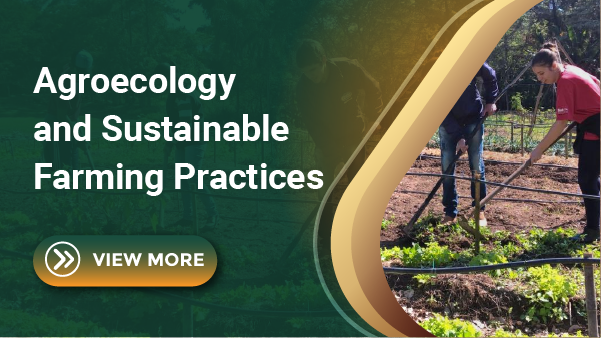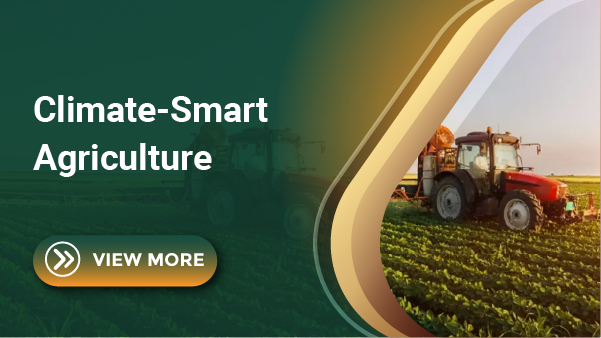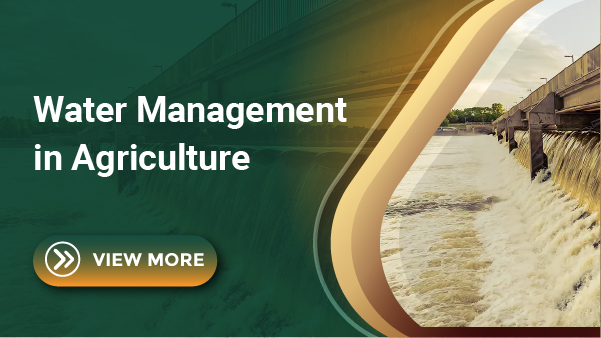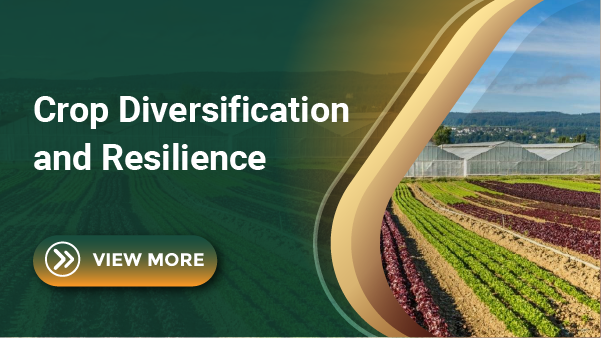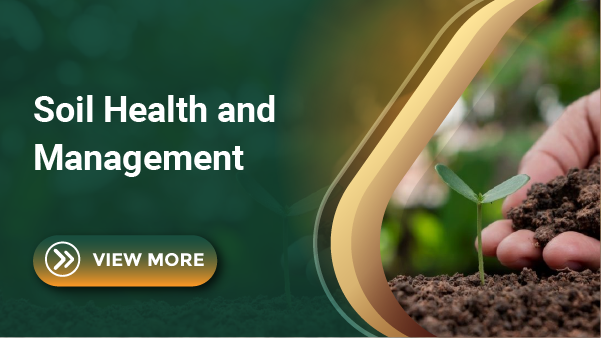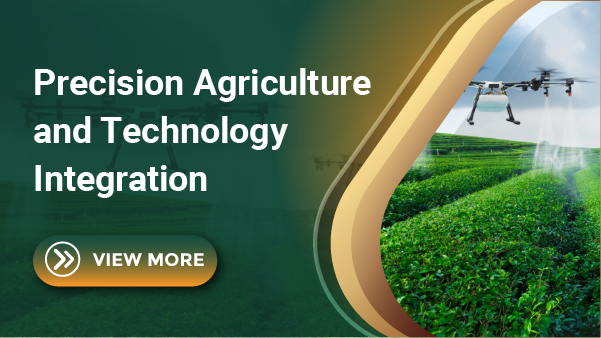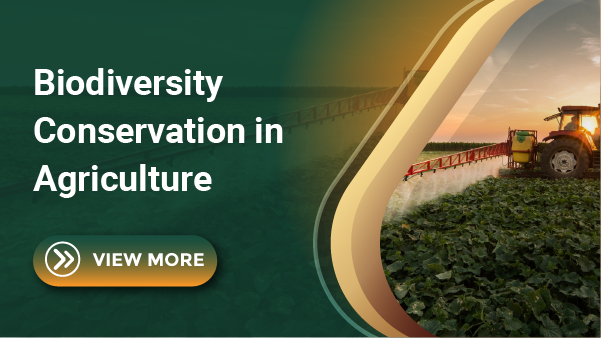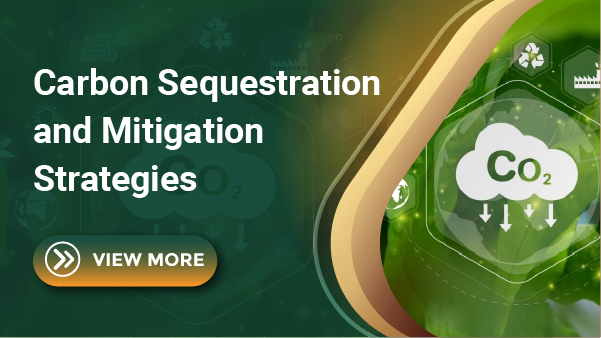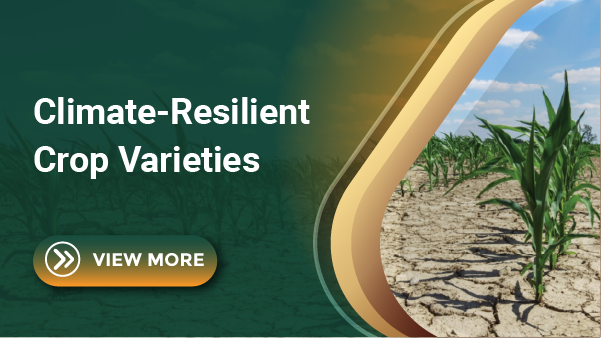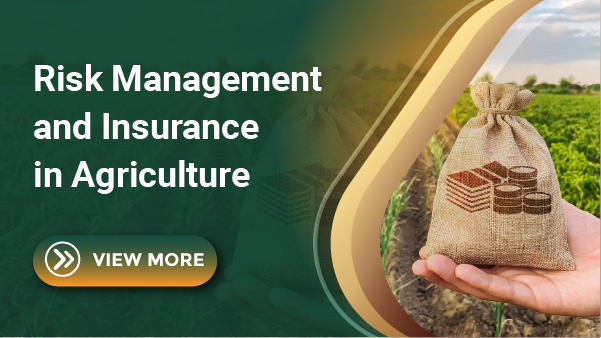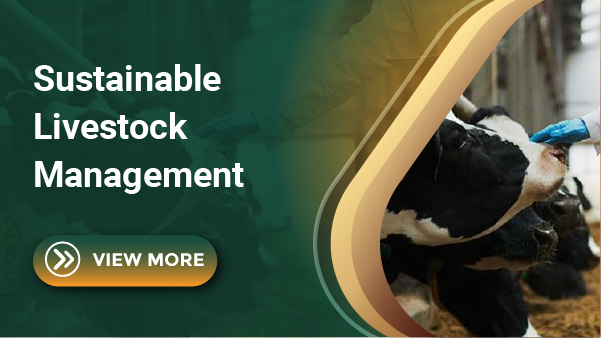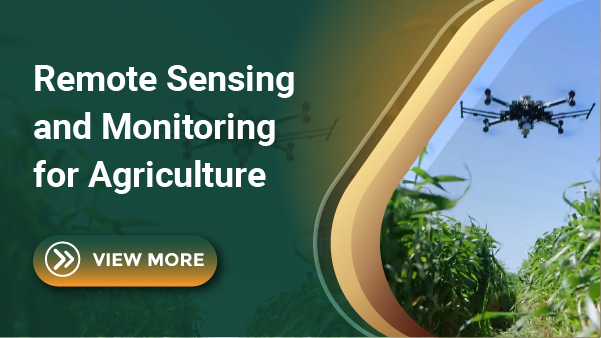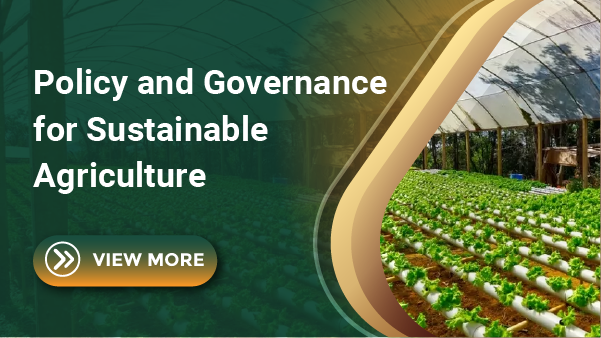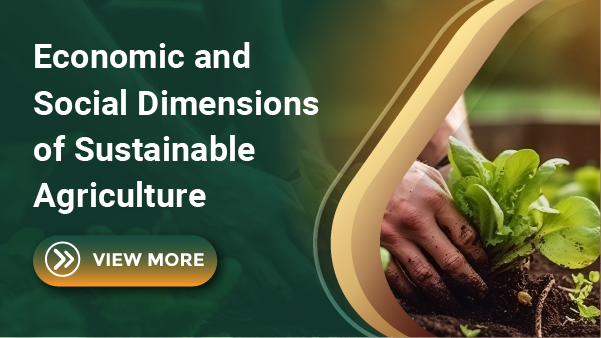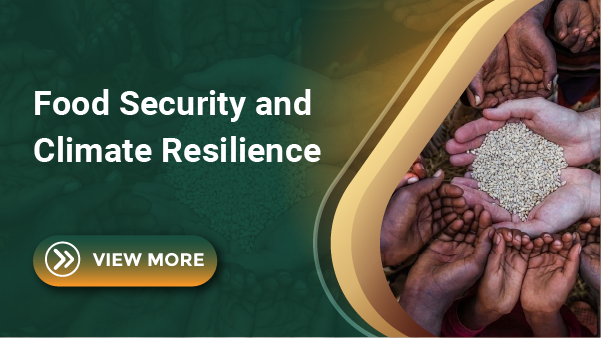Food Security and
Climate Resilience
Session Overview:
The “Intercontinental Conference on Sustainable Agriculture and Climate Resilience: A Management Perspective” is designed to serve as a premier platform for esteemed Research Experts worldwide. Attendees can anticipate unparalleled opportunities to network, gain invaluable insights, showcase their hidden potential, present significant research findings, and receive due credit and recognition for their diligent work. With an overarching theme centred on preparing for a sustainable future, the conference aims to pave the way for a healthier and sustainable tomorrow for generations to come.
Prepare for an enriching voyage through cutting-edge research as you collaborate with esteemed experts worldwide. Together, we'll forge paths to success, reshaping the future and redefining scholarly excellence. Join us at the International Conference on Recent Trends in “Intercontinental Conference on Sustainable Agriculture and Climate Resilience: A Management Perspective”. We warmly invite submissions of full papers and abstracts across diverse sessions such as,
Food Security and Climate Resilience is
contribution to
The
Sustainable
Development Goals:
Goal 2: Zero Hunger
Goal 13: Climate Action:
Goal 1: No Poverty:
Goal 15: Life on Land:
Goal 6: Clean Water and Sanitation:
Goal 7: Affordable and Clean Energy:
Goal 8: Decent Work and Economic Growth:
Goal 12: Responsible Consumption and Production:
Goal 5: Gender Equality:
Goal 17: Partnerships for the Goals:
Who Can Join
Tracks
Topics of Interest for Submission include, but are not limited to:
1 Climate-Resilient Crop Breeding
2 Precision Agriculture for Climate Adaptation
3 Water-Efficient Agricultural Practices
4 Climate-Resilient Livestock Farming Systems
5 Agroecological Approaches for Climate Resilience
6 Community-Based Adaptation and Local Knowledge
7 Climate-Smart Agricultural Policies and Governance
8 Technological Innovations for Climate-Resilient Supply Chains
9 Capacity Building for Climate-Resilient Agriculture
10 Assessment of Climate-Resilient Food Systems
Key Themes
- Attendees of the conference session on "Food Security and Climate Resilience" will gain critical insights into the development and implementation of climate-resilient agricultural practices. Discussions on climate-resilient crop breeding and precision agriculture for climate adaptation will showcase cutting-edge techniques for developing crops that can withstand extreme weather conditions and efficiently use resources. These strategies are vital for ensuring food security in the face of climate change, as they enhance crop productivity and resilience, thereby reducing the risk of food shortages and economic losses.
- The session will also cover water-efficient agricultural practices and climate-resilient livestock farming systems, emphasizing the importance of resource conservation in sustainable agriculture. By adopting water-efficient techniques and resilient livestock systems, farmers can mitigate the impacts of water scarcity and climate variability, ensuring the long-term viability of their operations. Additionally, agroecological approaches and community-based adaptation strategies will highlight the value of integrating local knowledge and ecological principles into farming practices, fostering a holistic and inclusive approach to climate resilience.
- Furthermore, the conference will explore climate-smart agricultural policies and governance, technological innovations for climate-resilient supply chains, and capacity building for climate-resilient agriculture. These topics will provide attendees with a comprehensive understanding of the policy frameworks and technological advancements necessary to support sustainable food systems. By assessing climate-resilient food systems and building capacity among farmers and stakeholders, the session will equip participants with the tools and knowledge to implement effective adaptation strategies, ultimately enhancing the sustainability and resilience of agricultural practices in the face of climate change.
Scope & Benefits of Attending, “Intercontinental Conference on Sustainable Agriculture and Climate Resilience: A Management Perspective:
Prepare yourself for an extraordinary experience at the “Intercontinental Conference on Sustainable Agriculture and Climate Resilience: A Management Perspective” conference, where attendees will have the opportunity to explore a diverse range of topics spanning various disciplines.
Attending the “Intercontinental Conference on Sustainable Agriculture and Climate Resilience: A Management Perspective” conference has numerous scope and benefits like:
Scope and Benefits of Attending the Intercontinental Conference on Sustainable Agriculture and Climate Resilience: A Management Perspective

Sustainable Agriculture and Climate Resilience: 2024
- Agroecology and Sustainable Farming Practices: Attending this conference provides a comprehensive understanding of agroecology and sustainable farming practices. Experts will present innovative techniques that enhance productivity while maintaining ecological balance. Participants will gain insights into sustainable farming models that promote biodiversity, soil health, and reduce reliance on chemical inputs, thus ensuring long-term agricultural sustainability.
- Climate-Smart Agriculture : Climate-smart agriculture is pivotal in addressing the challenges posed by climate change. This conference offers a platform to explore strategies that integrate climate resilience into agricultural systems. Attendees will learn about adaptive techniques that optimize resource use, reduce greenhouse gas emissions, and enhance resilience to climate variability, making them better equipped to implement sustainable agricultural practices in diverse environments.
- Water Management in Agriculture : Efficient water management is critical for sustainable agriculture, especially in the face of climate change. This conference session will delve into advanced irrigation technologies, water-saving techniques, and integrated water management practices. By participating, attendees will understand how to optimize water use, improve crop yields, and ensure the sustainability of water resources for future generations.
- Crop Diversification and Resilience : Crop diversification is a key strategy for building resilience against pests, diseases, and climate extremes. The conference will highlight innovative approaches to crop diversification that enhance agricultural sustainability and food security. Participants will discover how diversifying crops can improve soil health, reduce dependency on single crop varieties, and increase farm resilience to climatic shocks.
- Precision Agriculture and Technology Integration : The integration of technology in agriculture through precision farming offers immense benefits for sustainable agriculture. This session will showcase cutting-edge technologies like GPS, drones, and IoT for monitoring and optimizing agricultural practices. Attendees will learn how to leverage these technologies to increase efficiency, reduce waste, and improve overall farm productivity while minimizing environmental impact.
- Biodiversity Conservation in Agriculture : Conserving biodiversity within agricultural systems is essential for ecosystem stability and resilience. The conference will address strategies for maintaining and enhancing biodiversity on farms, including the use of cover crops, agroforestry, and habitat restoration. Participants will gain practical knowledge on implementing biodiversity-friendly practices that support ecological balance and agricultural productivity.
- By attending the Intercontinental Conference on Sustainable Agriculture and Climate Resilience, participants will not only stay at the forefront of agricultural innovation but also network with leading experts and policymakers. This conference is a vital opportunity to learn, collaborate, and contribute to the global effort towards sustainable and resilient agriculture.
Author Guidelines
Guidelines for Abstract Submission:
- Language: Abstracts must be written in English.
- Length: Limited to one paragraph with 200-250 words.
- Format: Submit in MS Word (.doc or .docx) document format.
- Content: Abstracts should provide an informative summary of the original work. Include a brief biography with your abstract, following the example provided in the template.
- Formatting: Center-align the Title, Author's Names, and Affiliations. Underline the presenting author's name.
- Submission: Please submit your abstract through the designated submission portal.
- Acknowledgment: Upon abstract submission, you will receive an acknowledgment email within three working days.
Evaluation Process

Guidelines for Full Paper Submission
If your abstract has been accepted and the registration fee for Beyond Intelligence 2024 has been paid, you are invited to submit the full paper. Please adhere to the following guidelines for the submission:

- Total number of pages: 6-8 in double-column format
- Language: English (checked for grammar and language errors)
- Tables, figures, and images should be properly named and of high quality.
- Keywords should be written in lowercase letters (except for names/scientific names) and separated by commas.
- Affiliation names, including the country, must be provided.
- Each paper should be structured into the following sections:
- Background, Motivation, and Objective
- Statement of Contribution/Methods
- Results, Discussions, and Conclusions
Once your full paper is prepared according to the above instructions, please proceed to submit it through the provided link. Submit your Full paper Here.

















